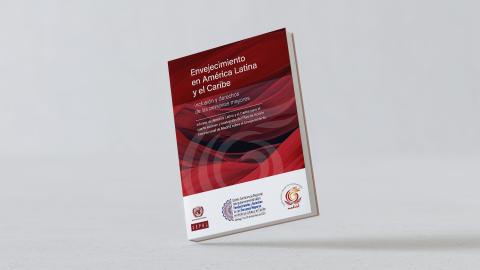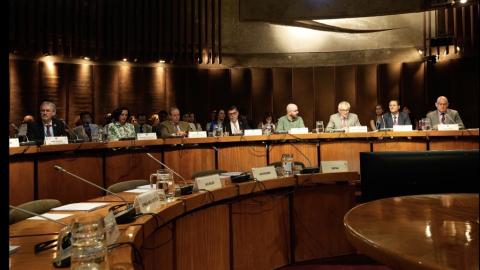News
This study addresses the balance struck under the Trans-Pacific Partnership Agreement (TPP) between the right to health and access to medicines and the need to maintain the economic incentives to spur innovation through intellectual property protection. The analysis focuses on the patent and data-related intellectual property protection provisions of the agreement, specifically regarding pharmaceutical products. The concern is with the delay in the availability of generic and biosimilar products that could drive the price of life saving medicines down. The study concludes by finding that many of these provisions cement the U.S.’s increasingly steep intellectual property protections observed in each of the existing U.S. free trade agreements (FTAs) with Latin American countries. Among others, the TPP provides for patent term extensions for regulatory delays in granting patents and marketing approvals, is said to be supportive of incremental innovation, and extends the data exclusivity period for undisclosed safety and efficacy information submitted for biologics. This is attenuated by various factors including the transition period granted to those TPP member countries that do not already apply these standards, specific exceptions provided to individual TPP parties, and the ambiguity surrounding how some provisions will be interpreted and implemented.


